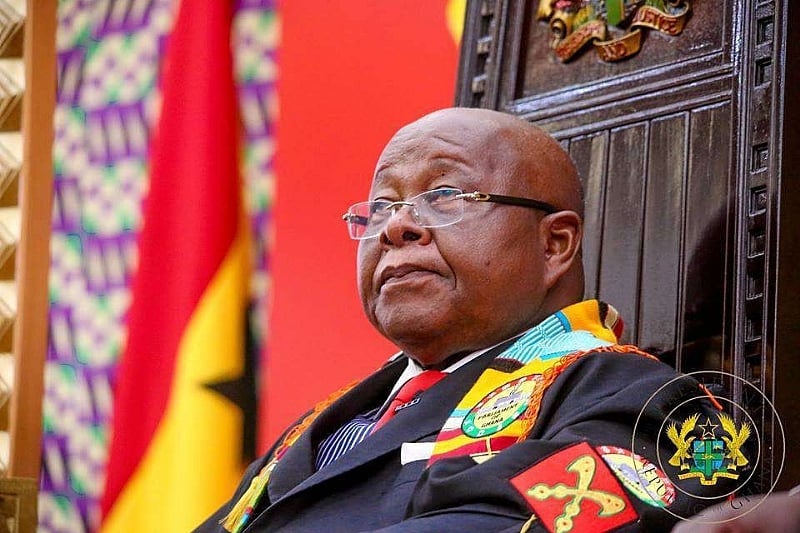The New Patriotic Party (NPP) in Ghana is facing internal dissent following the formation of an 11-member committee tasked with investigating the party’s defeat in the 2024 general elections. Rank-and-file members have expressed strong dissatisfaction with the composition of the committee, arguing that some members bear significant responsibility for the electoral loss and should therefore not be involved in the review process. This discontent underscores a deeper generational divide within the party, with a growing chorus of voices advocating for the inclusion of younger perspectives and a shift away from reliance on established party elders. The criticism highlights a perceived disconnect between the party leadership and its grassroots, potentially foreshadowing challenges in rebuilding and strategizing for future elections.
Central to the criticism is the belief that entrusting the review to individuals implicated in the party’s failings undermines the credibility and objectivity of the process. Members argue that these individuals are unlikely to provide impartial assessments or identify the root causes of the defeat, potentially hindering the party’s ability to learn from its mistakes. This sentiment is amplified by the perception that the committee lacks representation from younger party members, who are seen as possessing fresh insights and a better understanding of the evolving political landscape. The calls for greater youth involvement reflect a desire for a more dynamic and forward-looking approach to party strategy and leadership.
Adding fuel to the fire is the appointment of Prof. Aaron Mike Oquaye as the committee chair, a decision that has met with widespread disapproval within the party’s online forums and social media platforms. Comments suggest that Prof. Oquaye’s perceived association with the old guard further reinforces the impression that the review process is designed to protect established interests rather than address the fundamental issues that led to the electoral defeat. This resistance to his appointment highlights the growing tension between the party’s traditional power structure and a burgeoning movement demanding generational change and a more inclusive approach to decision-making.
The public expression of dissatisfaction by prominent party figures like Afia Akoto, a former Deputy Chief Executive of MASLOC, and Kofi Ofosu Nkansah further underscores the seriousness of the internal rift. Akoto’s warning against being “pushed to be writing thesis on social media” suggests a simmering frustration that could escalate into more open and damaging criticism if the party leadership fails to address the concerns of its members. These pronouncements indicate a growing willingness among party members to challenge the status quo and demand greater transparency and accountability from their leadership.
The demand for the inclusion of “Gen Zs” on the committee reflects a broader recognition of the changing demographics of the electorate and the need for political parties to adapt their strategies accordingly. Younger generations, with their different priorities and modes of political engagement, are increasingly influential in shaping election outcomes. The call for their inclusion in the review process signifies a desire to bridge the generational gap within the party and ensure that its future direction aligns with the aspirations of a broader segment of the population.
In essence, the controversy surrounding the composition of the NPP’s election review committee exposes underlying tensions related to generational change, accountability, and the party’s ability to adapt to a changing political landscape. The strong resistance to the current committee structure signals a need for the party leadership to engage more effectively with its grassroots, embrace diverse perspectives, and demonstrate a genuine commitment to reform if it hopes to regain public trust and electoral success in the future. Failure to address these concerns risks further alienating party members and exacerbating internal divisions, potentially jeopardizing the party’s long-term viability.














